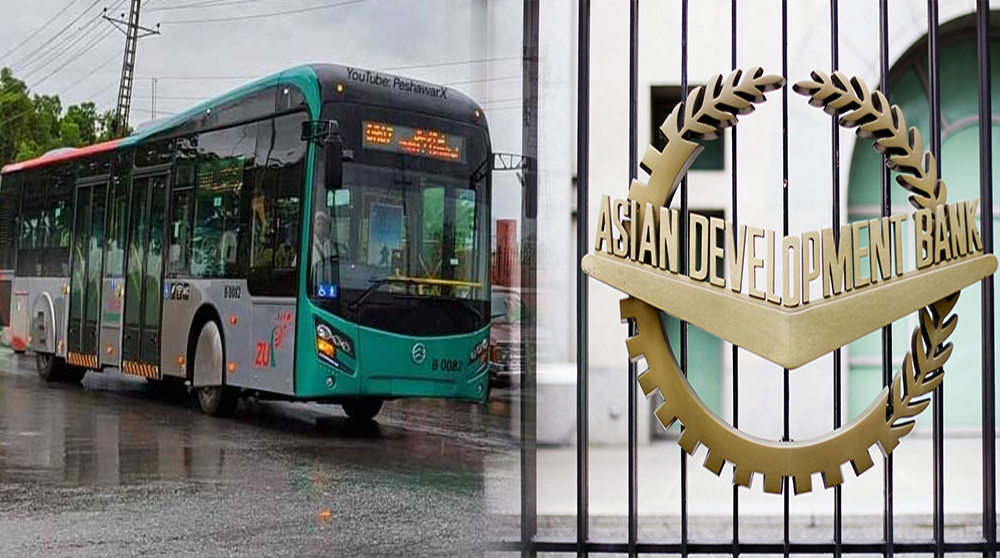Intelligence agencies have arrested Shahid Saleem Baig, the former Inspector General (IG) of Punjab Prisons, on allegations of facilitating Pakistan Tehreek-e-Insaf (PTI) founder and former Prime Minister, Imran Khan. The arrest took place at Baig’s government residence, IG House, where he was reportedly taken into custody due to his alleged connections with key intelligence agencies.
Shahid Saleem Baig, who served as the IG of Punjab Prisons for five years, retired just before the detention of Imran Khan at Adiala Jail. However, recent events have reignited scrutiny into the operations at Adiala Jail, particularly focusing on the period during which Khan was held there. The inquiry has intensified, leading to the questioning and arrest of several jail officials suspected of providing unauthorized access to the PTI founder during his time in detention.
The investigation, which appears to be far-reaching, has already led to the interrogation of Adiala Jail’s former Deputy Superintendent, Zafar, and Rawalpindi Jail’s Office Superintendent, Nazim Ali Shah. Both officials are believed to have played significant roles in the alleged misconduct surrounding Imran Khan’s detention. Additionally, the deputy superintendent, Muhammad Akram’s orderly, has been arrested as part of the ongoing probe. Further arrests include the head warder and another warder from Adiala Jail, both of whom are being investigated for their involvement in the matter.
Shahid Saleem Baig’s tenure as IG Punjab Prisons was marked by various administrative challenges, but his recent arrest has cast a shadow over his career. The allegations suggest that Baig may have used his influence to facilitate Imran Khan’s stay in prison, providing the PTI leader with access that was not sanctioned by the authorities. The specifics of these alleged facilitation efforts are still under investigation, but sources indicate that intelligence agencies are looking into any potential breaches of protocol and security lapses that may have occurred.
The arrest of a high-ranking official like Shahid Saleem Baig underscores the seriousness with which the authorities are approaching this investigation. It also highlights the broader implications for those who may have been complicit in compromising the integrity of the prison system for political purposes. The scrutiny on Adiala Jail, in particular, is expected to continue, as more officials are likely to be questioned or arrested in the coming days.
The inquiry into Adiala Jail’s operations began shortly after Imran Khan’s detention, with concerns raised about the level of access and privileges afforded to the former Prime Minister. Reports suggest that Khan may have received preferential treatment, which included unauthorized visits and communications, potentially orchestrated by those within the prison system who were sympathetic to his political cause. These allegations have prompted a full-scale investigation, with intelligence agencies leading the charge to uncover the truth.
As the investigation deepens, there are also broader concerns about the state of the prison system in Punjab and its vulnerability to manipulation. The case of Shahid Saleem Baig has brought to light the potential for senior officials to exert undue influence over prison operations, raising questions about the safeguards in place to prevent such occurrences. The outcome of this investigation will likely have significant repercussions for the prison administration in Punjab and could lead to major reforms aimed at preventing similar incidents in the future.
The involvement of intelligence agencies in the arrest and investigation process is a clear indication of the gravity of the situation. Their role in probing the alleged facilitation of Imran Khan suggests that the authorities are taking a zero-tolerance approach to any form of misconduct within the prison system, particularly when it comes to politically sensitive cases.




